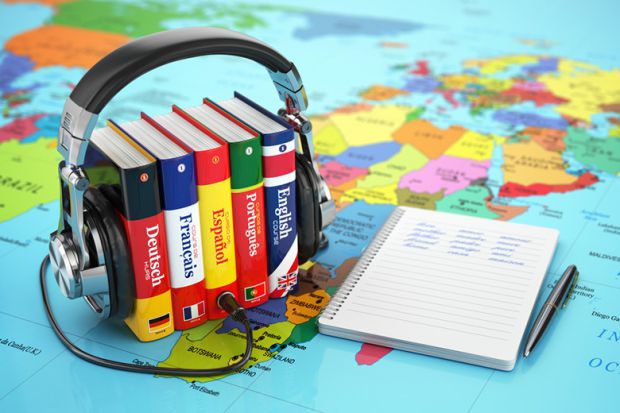
Fun and excursions at a Language School in Europe
Language and Culture
Travelling inspires us in so many ways. The people, the places, the food, the culture and the language provide new and interesting perspectives that we may not gain if we didn't travel. It teaches us tolerance, acceptance, gratefulness and a whole new way of living.
Cultural Immersion
Slow Tours stands by the philosophy that cultural immersion is the best way to truly experience a place. What better way to immerse yourself in a new culture than learning the language?
Learning a new language has so many benefits. For the purpose of travel, it unlocks new experiences and understanding of other peoples' ways of life. Imagine being able to order confidently from a restaurant menu, or to connect with the locals and discover more hidden treasures than you can read about in your travel guides. Speaking the language will greatly enhance your entire travel experience. Here are more ways you will benefit from learning another language.
1. Boosts Brain Power
A foreign language is a whole new intricate system of rules, structures, and lexis. Learning a new language means your brain has to cope with complexity as it makes sense of and absorbs new patterns. As our brains work out the meaning, endeavouring to communicate, we develop key learning skills such as cognitive thinking and problem-solving. Highly developed critical thinking skills are a significant benefit both personally and professionally.
2. Improves Memory
Use it or lose it. How many times have you heard that phrase? It is a simple fact – the more the brain is used, the better its functions work. A new language requires not only familiarity with vocabulary and rules, but also being able to recall and apply this knowledge. Learning a language gives your memory a good work out in the brain gym. This means that multilingual people have brains that are more exercised and quick to recall names, directions, facts, and figures.
3. Enhances the Ability To Multi-Task
Multi-tasking is very stressful for those who are not used to it or don’t do it well. People who are multilingual and proficient at slipping from one language system to another are practiced at this very demanding work for the brain. People who have developed the ability to think in different languages and move from one to the other become much better multi-taskers, reducing stress levels.
4. Sharpens The Mind
Multilingual people are better at observing their surroundings. They easily spot anything that is irrelevant or deceptive. They’re also better at spotting misleading information. Is it any surprise that famous, fictional detective characters such as Sherlock Holmes are skilled linguists?
5. Keeps The Mind Sharper For Longer
Language learning keeps your brain healthy. For monolingual adults, the mean age for the first signs of dementia is 71.4. For adults who speak two or more languages, the mean age for those first signs is 75.5. Language is a great exercise for the brain.
6. Enhances Decision-Making
Decision making ability becomes an easier process for multilingual people. Aside from the rules and vocabulary that go with learning a foreign language, there are nuances and regional expressions that a student of language frequently judges for appropriateness and hidden meanings. Multilingual's are more confident in their decision-making choices as a result of practice, practice, practice!
7. The First Language Is Improved
Learning a new language makes you more conscious of the nuts and bolts of your own language. Terms such as vocabulary, grammar, conjugation, comprehension, idioms and sentence structure become everyday phrases, whereas your own language is probably absorbed more intuitively. Learning a new language also makes you a better listener as you are used to having to interpret meaning and to judge nuances.
8. Improves Performance In Other Academic Areas
As a result of higher cognitive skills, studies show that the benefits of learning a new language include higher scores on standardised testing in mathematics, reading comprehension and vocabulary by multilingual students compared to the scores of monolingual students. Language skills boost your ability to do well in problem solving tasks across the board, a fact recognised through compulsory foreign language learning curriculum in schools.
9. Increases Networking Skills
Opening up to a culture allows you to be more flexible and appreciative of other people’s opinions and actions. As a result, if you are multilingual, you have the advantage of seeing the world from different viewpoints, enhancing your ability to communicate in today’s globally connected world.
Are you ready to start your language journey?
Check out our Language Schools Europe Experiences